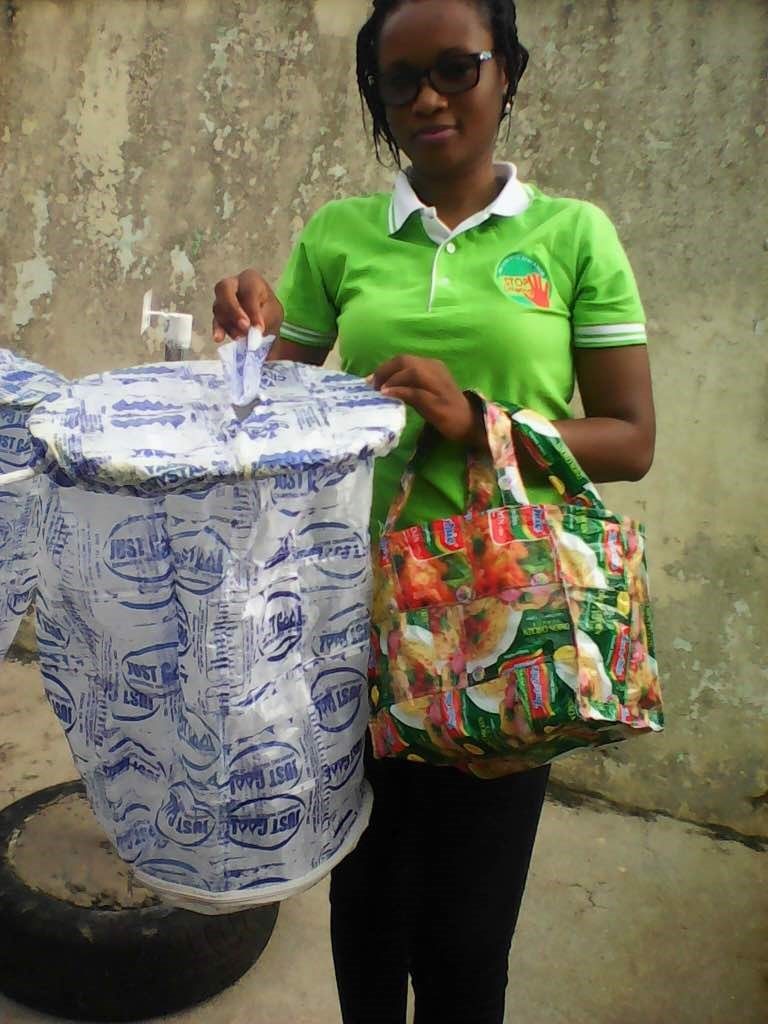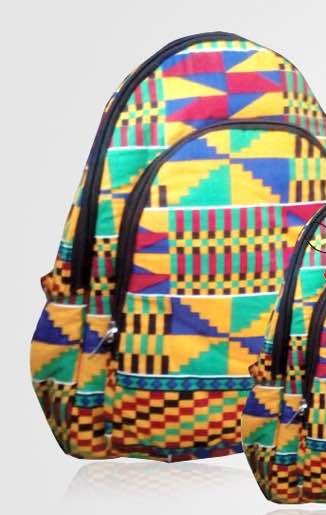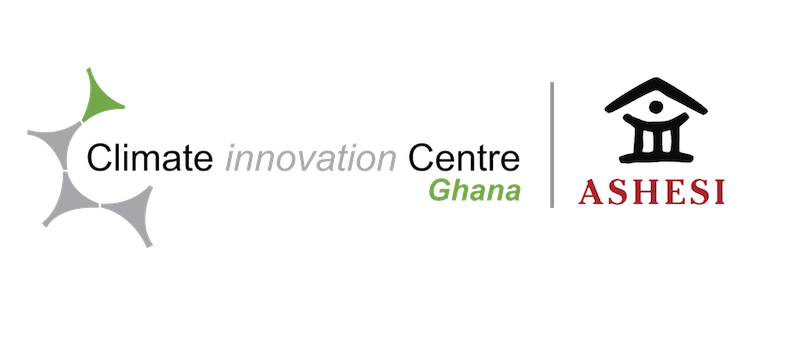Change, they say, begins from you and this assertion is really true. One young woman decided that the change she wants in her community must begin from her. In her quest to help clean the environment, she started a business that will achieve this goal and, at the same time, provide employment for many. Read on as Mariama shares her story with the B&FT’s Inspiring Startups on how she began Yensom Enterprise— a plastic waste recycling company.
Mariama Iddrisu is the CEO of Yensom Enterprise, a social enterprise. She has a DBS in Accounting from the Sunyani Technical University and also has a diploma certificate in Commonwealth Youth Development from the University of Ghana, Legon.
She has previously worked as a teacher and also worked in two rural banks in Sunyani. After two years of working with the second bank, she had an appointment at the Brong Ahafo Regional Coordinating Council where she worked as a secretary. Currently, she is an employee with the Department of Urban Roads in Sunyani.
She has previously worked as a teacher and also worked in two rural banks in Sunyani. After two years of working with the second bank, she had an appointment at the Brong Ahafo Regional Coordinating Council where she worked as a secretary. Currently, she is an employee with the Department of Urban Roads in Sunyani.
It all started with a cholera outbreak
In 2014, while in her last year at the University of Ghana, there was a cholera outbreak in the country. Mariama wanted to find ways she could help her community. So she started organising cleanup exercises in her community. She observed, during those cleanup exercises, that they gathered a lot of plastic bags— mainly from sachet water—and dump them. So she thought about how those plastic bags could be put to good use.
Then, she went to the Sunyani Technical University and asked the students at the Department of Dress Making if they could do something out of the plastic bags. The school gave her one national service person to work. The student was able to design a bag, an apron, and raincoat, out of the water sachet bags.
Mariama started showing the products to people and they were all amazed what has come out of the waste they produce. So with that excitement, people started requesting to buy some of the products. Others even bought in bulk to go and sell in other communities.
Today, a project she started with just one product has metamorphosed into many. She now produces laptop bags, travel bags, school bags, purses, and other small bags—all from sachet water bags. Through this, she has provided employment for six people.


The vision
The vision of Yensom Enterprise is to utilise all the plastic waste in the Brong Ahafo Region by converting it to useful products so she can help help the environment clean and provide employment for many.
Challenges
It wasn’t easy for Mariama to carry on with her vision. Even though, people admired the products she made from the plastic bags, others passed comments that discouraged her.
“When I started, some people felt I was wasting my time. Sometimes when people see me go round to pick the plastic bags, they ask whether I really think I can clean Ghana, and if that is my aim, then, I am worrying myself for nothing. Others also told me that they were giving me a few days, I will be frustrated and stop.”
Mariama said if she hadn’t kept her vision alive, those discouraging comments could have made her stop.
Then comes the most common of all the challenges—financial. For a business that recycles waste and turns them into useful products, it is obvious that it requires modern machines to do so. But Mariama has no such money to do that as she finances her business personally from her savings. Because of this, she has to rely on manual methods of production.
How education has helped
“If I had not been to school, I wouldn’t have been able to do what I am doing now. It was through education that I realised I had to do something for my community. And education also gives one the confidence to believe in what he/she is doing. So for me, education has really benefited me.”
Empowering women economically
Mariama believes that the economic empowerment of women is very necessary for the development of the country and for their families. Hence, women should put in all the needed efforts to work hard and gain incomes to support the home.
How government can support
“If you have the vision and the system doesn’t support, it would be very difficult to achieve your goals. I remember when I started, I once went to the DCEs office to ask if they could support me since it was a social project, but no one was ready to even listen. So government should be willing to listen and support entrepreneurs in the country.
Again, government programmes should be devoid of politics. There is no point in government introducing a programme and only those who have affiliations with the government in power are the only ones to benefit. So government should detach politics from policies and programmes targeted at supporting entrepreneurs,” Mariama said.
Advice to the youth
“I want to advise my fellow youth to be critical thinkers. They should be people who are ready to solve challenges in the community. And especially to my fellow young women, I advise they should develop their talents and be entrepreneurial, even when they are employed.”
The Ghana Climate Innovation Centre (GCIC) is a pioneering business incubator whose objective is to support entrepreneurs and ventures involved in developing profitable and locally appropriate solutions to climate change mitigation and adaptation in Ghana. The Centre’s key focus is on building businesses operating within the areas of energy efficiency, domestic waste management, solar energy, water supply management and purification and climate-smart agriculture. GCIC is part of the World Bank Group’s infoDev Climate Technology Program. Supported by the governments of Denmark and the Netherlands, the Centre is managed by a consortium led by the Ashesi University and including Ernst & Young, SNV Ghana, and the United Nations University Institute for Natural Resources in Africa.
Story written by Obed Attah Yeboah (Business & Financial Times)

